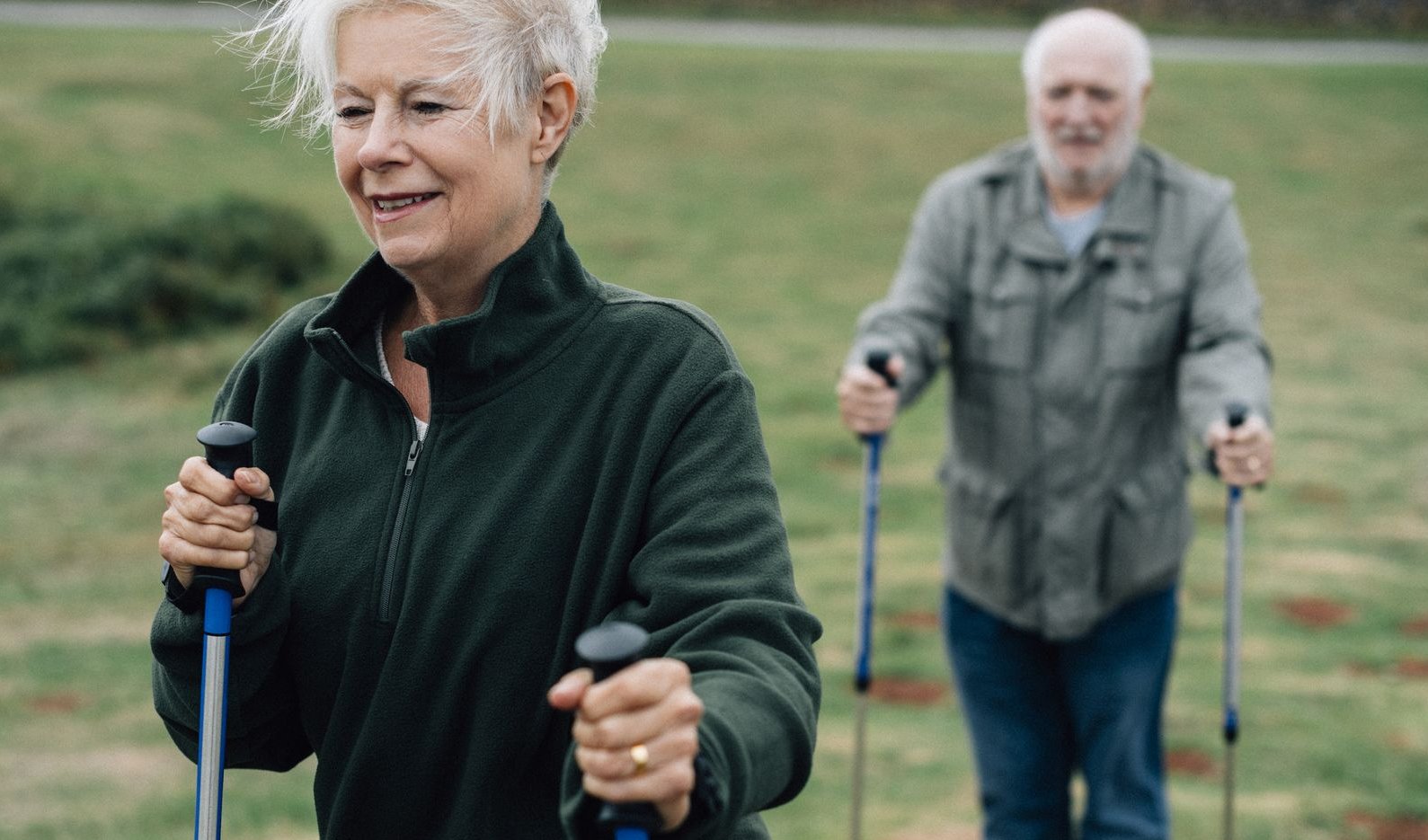As your parent or aging loved one gets older, it can be easy to give in to sedentary lifestyle. Whether they do so because of painful symptoms or general fatigue, sitting in place all day can actually be detrimental to their health. But by moving their bodies and staying active, they can keep their bodies healthier for longer.you or in a nursing facility, keeping tabs on their well being can be nerve wracking. When you are not available to drive to them on a moment’s notice, you might worry about whether they are safe from harm, taking their medications, and getting enough physical activity.
Fortunately, technology is available to ease that worry. The following are just some of the useful gadgets on the market that will help you stay connected with your parent.

Moving For A Longer Life
Regular physical activity is central to self care at any age. This is especially true during older age. Some of the benefits of exercise later in life include:
- Cardiovascular Health
- Joint And Muscle Health
- Improved Mood
- Boosted Memory
- Socialization
Even if your loved one is in an assisted living or memory care facility, there are likely programs and activities they can join to keep their bodies moving. While they should speak with their doctor before beginning a new activity, taking that initiative will help them fight disease, keep their blood pumping, and maintain their mental health.
Encouraging Your Aging Loved One To Exercise
Your parent or loved one may need a little extra encouragement to start their active routine. Fortunately, there are steps you can take to provide this motivation gently and positively.
- Exercise Together: To help your loved one form these new healthy habits, offer to get moving with them. Find an activity that you can do together. If they like it enough, they may just do it on their own time as well.
- Research Activities: See if your loved one’s care facility has special activities that fit their needs. If they are one of the over 5 million people living with Alzheimer’s in the U.S,, consider whether a specialized activity would be beneficial. The same goes for other conditions.
- Help Develop A Routine: Research shows that it takes 30 days to form a habit, so assist your loved one in scheduling in their exercise. This could be going swimming every morning or a Tuesday night tennis match. Find something that works for them.
Remember: By taking the time to help your loved one make a commitment to physical activity, you are helping them live a longer, more fulfilling life. If you have any specific questions about what types of exercises could be beneficial, talk to their doctor. Gathering all possible information will only help make their routine as healthy as possible.





